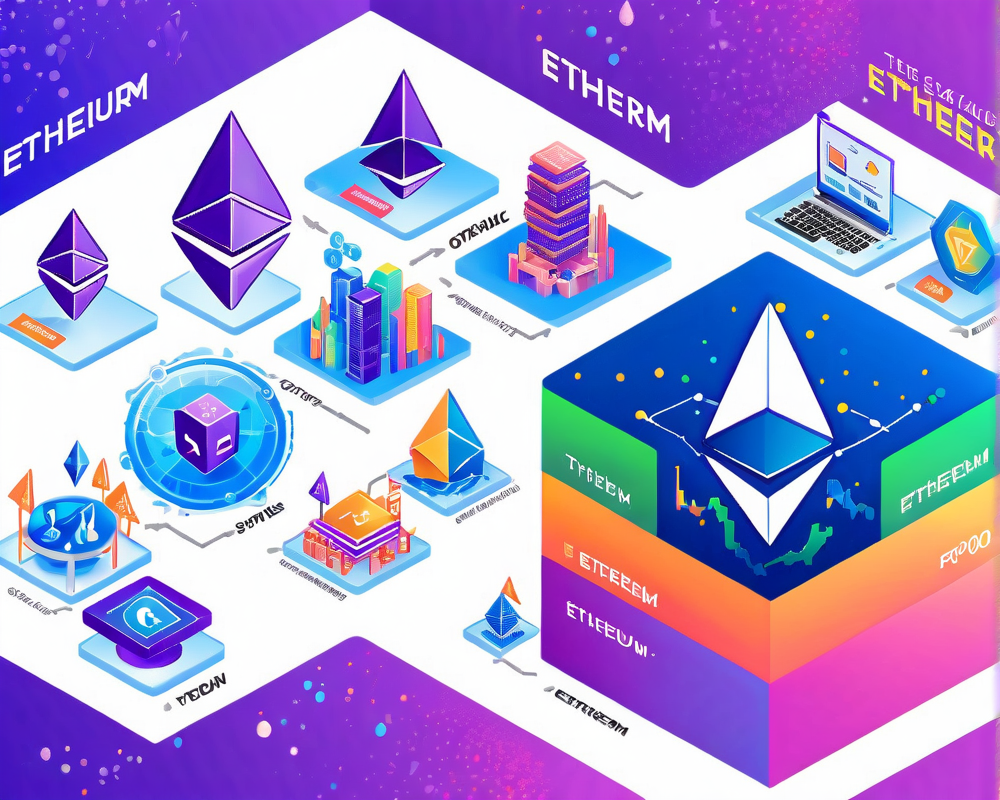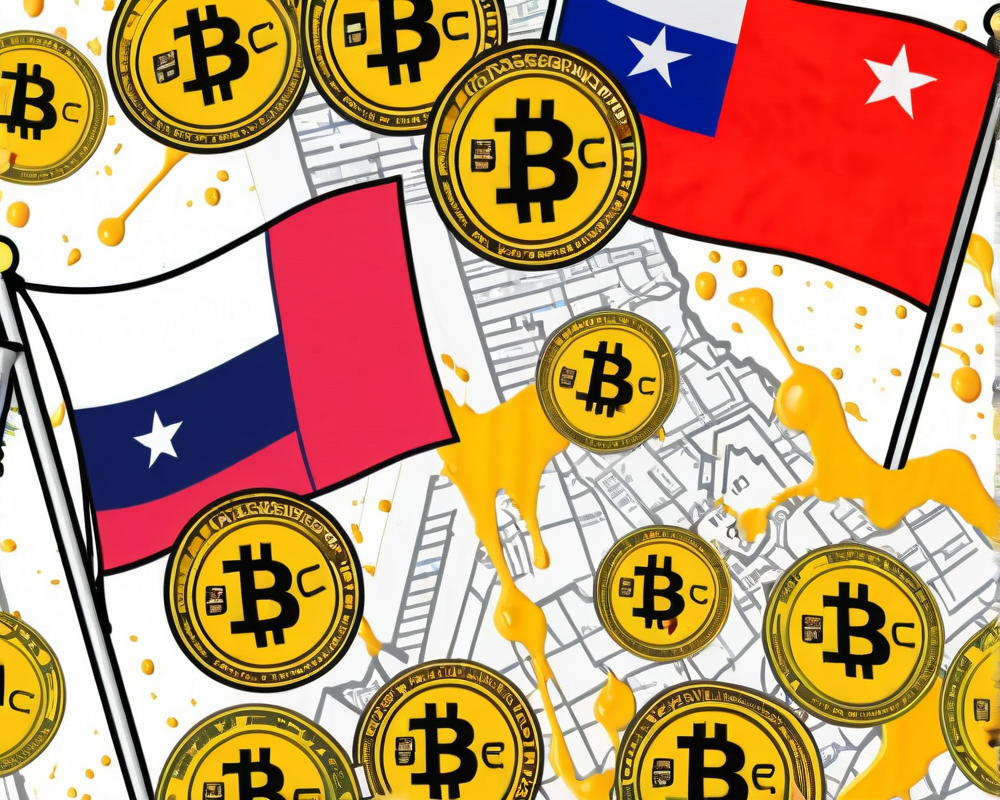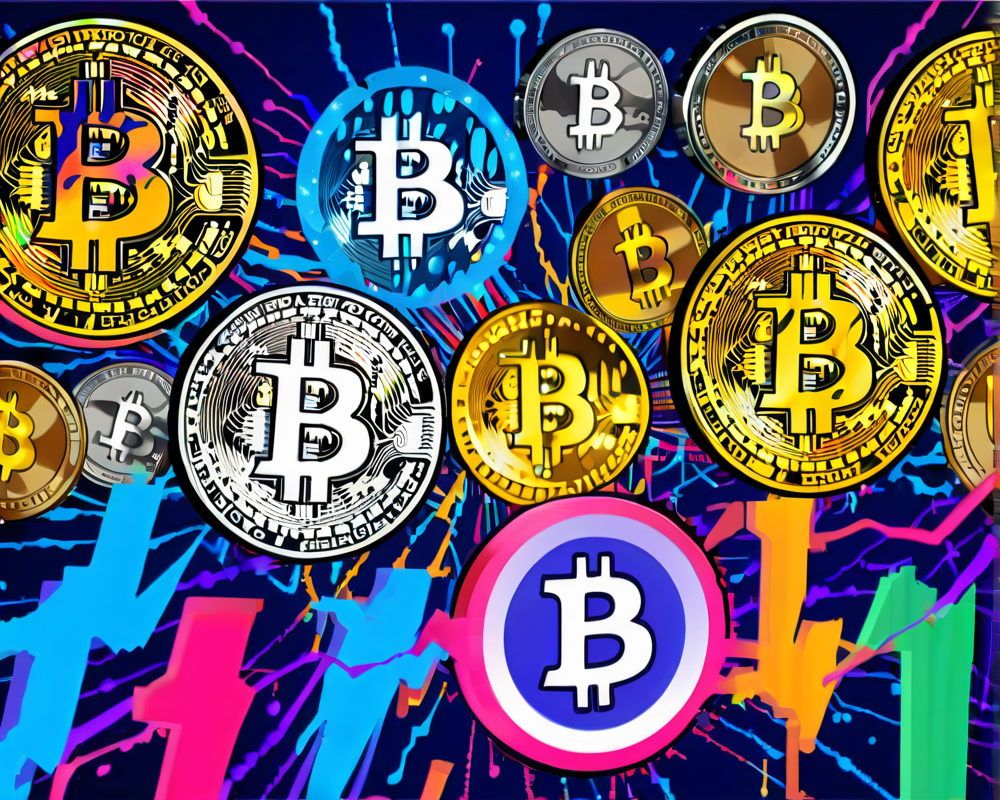The Historic Shift: The Merge and Its Impacts
In September 2022, Ethereum made a monumental transition from proof-of-work (PoW) to proof-of-stake (PoS) with what is now popularly known as the Merge. This change not only altered how transactions are validated but also had significant implications for compliance with regulations set by the Office of Foreign Assets Control (OFAC). Think of it as Ethereum’s coming-of-age party where things got a tad unruly!
OFAC Compliance: Censoring Transactions?
Post-Merge, Ethereum faced a dilemma: maintaining a robust ecosystem while dealing with OFAC compliance. Transactions deemed non-compliant with OFAC guidelines are now subject to censorship by several validators. The spotlight intensified early August 2022 when Tornado Cash and certain Ether addresses were sanctioned, causing quite a stir among users who appreciate a little anonymity in their transactions.
The Notorious Censoring Offenders
- Binance
- Celsius Network
- Bitfinex
- Ledger Live
- Huobi (HTX)
- Coinbase
According to MEV Watch data, these platforms have been leading the charge in running censoring MEV-Boost relays, laying waste to the cherished neutrality Ethereum touts.
Declining Compliance: A Sad Tale for Ethereum
The shift in compliance has been drastic. Before the Merge, Ethereum’s OFAC compliance soared to around 78% in November 2022. Fast forward to now, and that figure has plummeted to a mere 30%. That’s a 57% dip that kind of feels like when you lose Wi-Fi connection right before the finale of your favorite show.
Ways to Combat Compliance Issues
To navigate around the quagmire of OFAC compliance, operators can opt for relays that don’t play by the censoring rules. Among the seven major MEV-Boost relays—including Flashbots, BloXroute (in various forms), and BlockNative—only three stand tall without censoring in compliance with OFAC requirements. This scenario prompts us to wonder: Are we living in an era where censorship and compliance go hand in hand?
Rolling with Non-Censoring Relays
Not every block constructed by these OFAC-compliant relays is destined for censorship, but a fair warning goes out: any broadcasts with non-compliant transactions are potential targets. Validators outside the U.S. should consider non-censoring relays to keep the Ethereum chain as inclusive as a backyard barbecue on a hot summer day!
The Grayscale Gambit: Moving Away from PoW
In the murky waters of Ethereum compliance, Grayscale has opted to walk away from all rights to PoW Ethereum tokens (ETHPoW). Why? Well, they cited liquidity issues. Their official announcement stated: “It is not possible to exercise the rights to acquire and sell the ETHPoW tokens,” effectively tossing in the towel.
The Rise of EthereumPoW ETPs
While Grayscale steps back, others like ETC Group are stepping forward with ambitious plans to launch EthereumPoW exchange-traded products (ETPs). It’s like watching a game of musical chairs, and we’re all anxiously hoping there’s a seat available when the music stops.




